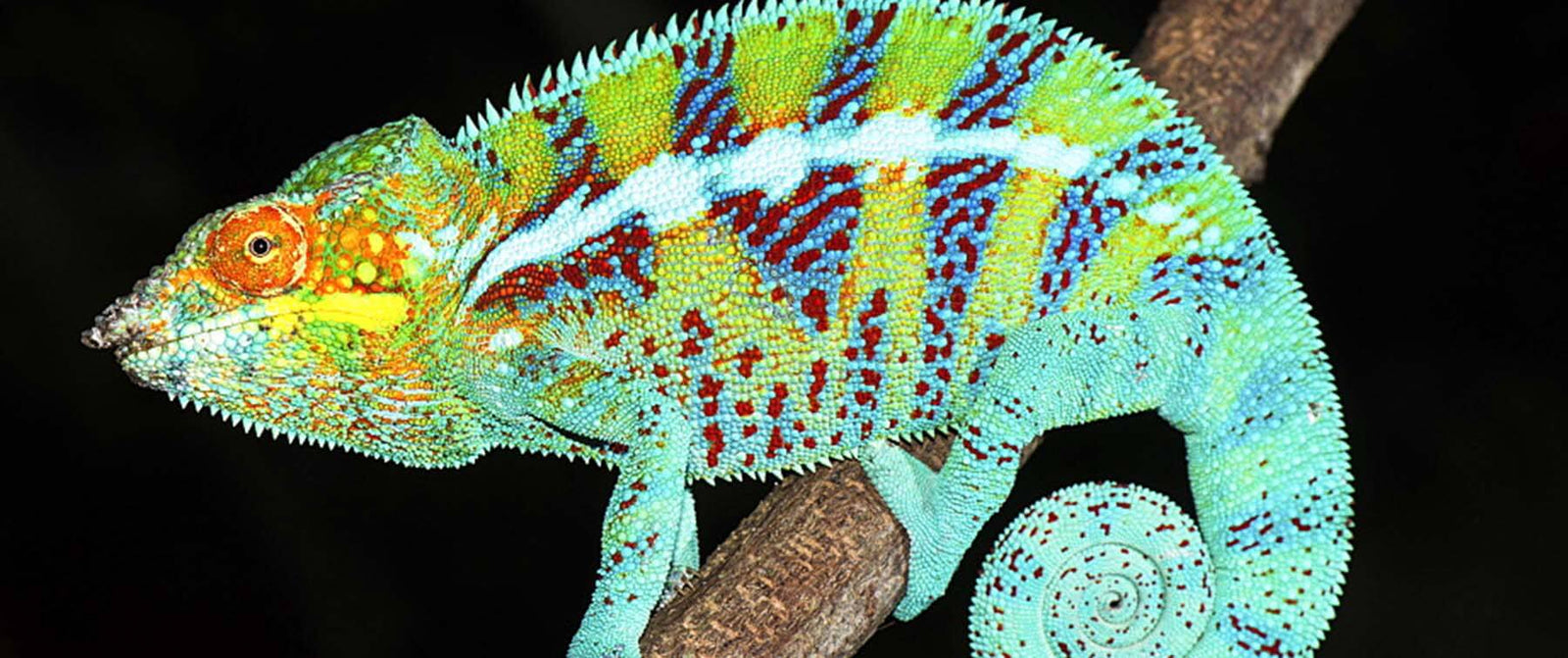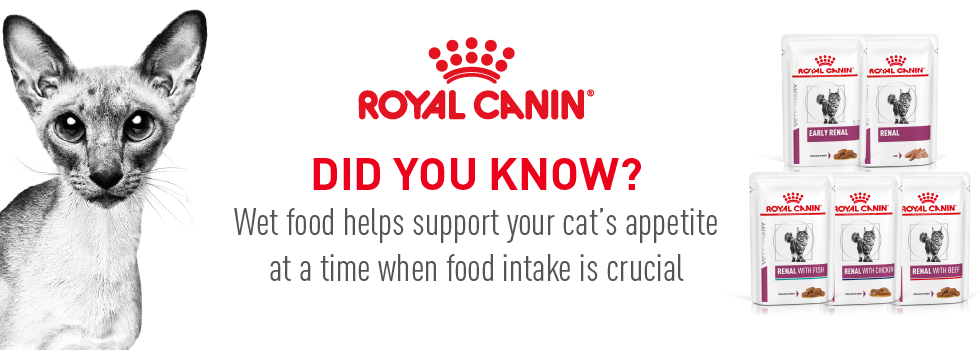FREE SHIPPING OVER £49 T&C'S APPLY
Before you buy – Reptile Edition
February 20, 2019 5 min read 0 Comments

Reptiles if correctly cared for are exciting pets to own. However, they are extremely difficult and harder work than your cat or dog. Read on for a guide on things to consider before buying a reptile.

Which reptile?
It is helpful to at least have an idea on which reptile you would like as they have different requirements. Knowing this can make it easier to research their specific requirements to see if you can meet them! If it is your first time owning a reptile and your knowledge of them is quite basic then sticking to the leopard geckos, bearded dragons, and corn snakes for your first can make it easier to break into the reptile world! These animals mentioned tend to adapt to handling a little better than others. When young there may be occasional nips as they are just getting used to you, stay calm and confident when handling them and they should outgrow this.
When picking a reptile, you must take into consideration the amount of time and care they need. Some reptiles can live for a very long time, therefore, are a huge responsibility for years.
Regulations
Depending on where you live and what reptile you get there may be specific regulations on owning these animals. Always make sure to read about it or ask an employee at a reptile shop.
Young to adults
If you are buying a reptile from young, they aren’t at their full size and need an adequate size habitat for their size, but you must be prepared for them growing. Throughout their growth process, they may need new size vivarium to suit their size. It all depends on the type of reptile, some snakes such as racers need more room to move compared to the lazy pythons and boas.

The enrichment and substrate you put into the vivarium should be taken into consideration as this can take up space.
If you get a terrestrial (live on the ground) reptile you will need more of a longer vivarium, if you get an arboreal (climbers) reptile, it’ll need to be higher.
Feeding and nutrients
For small carnivores, for example, some lizards, they need a varied diet which includes insects dusted with calcium and vitamins. To own a reptile, you can’t be squeamish or scared of insects as this is a necessity in your reptiles’ diet. Most reptiles can manage to catch their own food in the tank however, some need help, therefore, they must be hand fed. In some cases (depending on which reptile) they may need to be fed rodents that need to be defrosted and cut up. This can put some people off.
Temperature and Humidity
You must do your research on this one. It is important knowing the temperature and humidity requirements for your reptile for them to live happily and comfortably. You don’t want it getting too hot in the habitat so keep monitoring it with 2 thermometers, one under the lamp and one at the other end. If your reptile is becoming hypothermic, they will become less active and move less, eventually stop moving altogether. They are cold-blooded animals (ectothermic) and need external sources to help stay warm. If they stop moving, they will also not drink or eat causing more health problems. If they start showing signs of dehydration you must warm the reptile and the tank up. Misting the reptile with warm water can help warm their body up, also rehydrating them if they haven’t had a lot of water.
Humidity is just as important to keep an eye on. A hydrometer is used to measure the humidity in the vivarium. If the humidity is wrong this could cause serious problems, too high and the reptile can come to harm from skin infections or pneumonia, too low and they can become dehydrated. Reptiles that only require a low humidity only need a water bowl, if they have a higher need then adding a larger water bowl and misted regularly will help keep it correct.
Adding lighting
When lights are added it can help regulate their sleep, health, and mating cycle. Light timers can be added to automate when the light is on and off, therefore, it gets into a routine in case, you forget to turn it off or on. Most setups consist of an incandescent light on the lid.
UVB lights are used for Vitamin D3, certain reptiles can’t get Vitamin D3 through food, therefore supplements won’t meet their needs. These reptiles will bask in the light, absorbing the vitamins. Vitamin D3 allows the reptiles to absorb and use Calcium, without both nutrients, they can be prone to Metabolic Bone Disease.
Adding fluorescent UVB lights are a good option to use however, they stop emitting UVB after a period but still emit light, therefore, noting down the bulbs useful life is important. After researching the different lights that can emit UVB you will be able to find the one you prefer. There must be an area for them to bask under the light and an area they can get away from the light.

Handling
Giving the animal respect and meeting its requirements means your reptile is probably happy and healthy.
The first point to handling is being confident. If you are fearful then the animal will also be fearful, which could lead to getting bitten. Make sure you are completely confident with the reptile you want before getting them.
Before going to pick the reptile up make sure they know there is no food involved. Try using an inanimate object to gently touch their nose. Just getting them out straight away could lead to them striking as they may see your hand as food.
Wash your hands before handling your reptile to remove any smells of prey but to also remove risks of bacteria or germs.
Try not to restrain your pet from the head as this can make you look like a predator and they will have a harder time trusting you.

Health risks
Salmonella is a bacterial disease affecting the intestinal tract. It isn’t normally dangerous but can be fatal in some people. All reptiles can infect humans with it. Salmonella is a natural flora in their intestinal tract, and they are always shedding it in their faeces. You must wash your hands after handling or doing anything involving your reptile as you are exposing yourself to salmonella and when you touch things such as food it will go into your mouth. Don’t eat or drink when handling your reptile, don’t kiss them, always supervise children, and make sure they wash their hands afterwards.
Owning a reptile can be quite costly with the electric bill, the changing of the vivarium size, substrate, food, and nutrients but doing your research you can find the most efficient lights and heating to help save you as much money as possible.
Do your research, get the right reptile for you, be smart and they will have a long happy life with you for you to enjoy.
#reptilesarecooltoo
Why not check out the reptile products we have at Pet N Pony:
https://petnpony.co.uk/collections/reptile
Enjoyed this? Why not read about which animals should be pets?
https://petnpony.co.uk/blogs/news/animals-that-you-should-not-keep-as-pets
Also in PetnPony Blog

Chronic Kidney Disease in Cats - Royal Canin
February 24, 2025 3 min read 0 Comments
Cats - like dogs and humans - have two kidneys situated in the abdomen close to the spine and last rib. They are vital organs, continually filtering toxins and waste materials from the blood and producing urine to enable those toxins to be excreted from the body.

Fuel Their Joy, Feed Them Natural: Discover Premium Dog Foods at PetnPony
August 08, 2024 4 min read 0 Comments

20% Off Burns Original Recipes at PetnPony this August! Natural, Hypoallergenic, and Delicious!
August 05, 2024 3 min read 0 Comments


